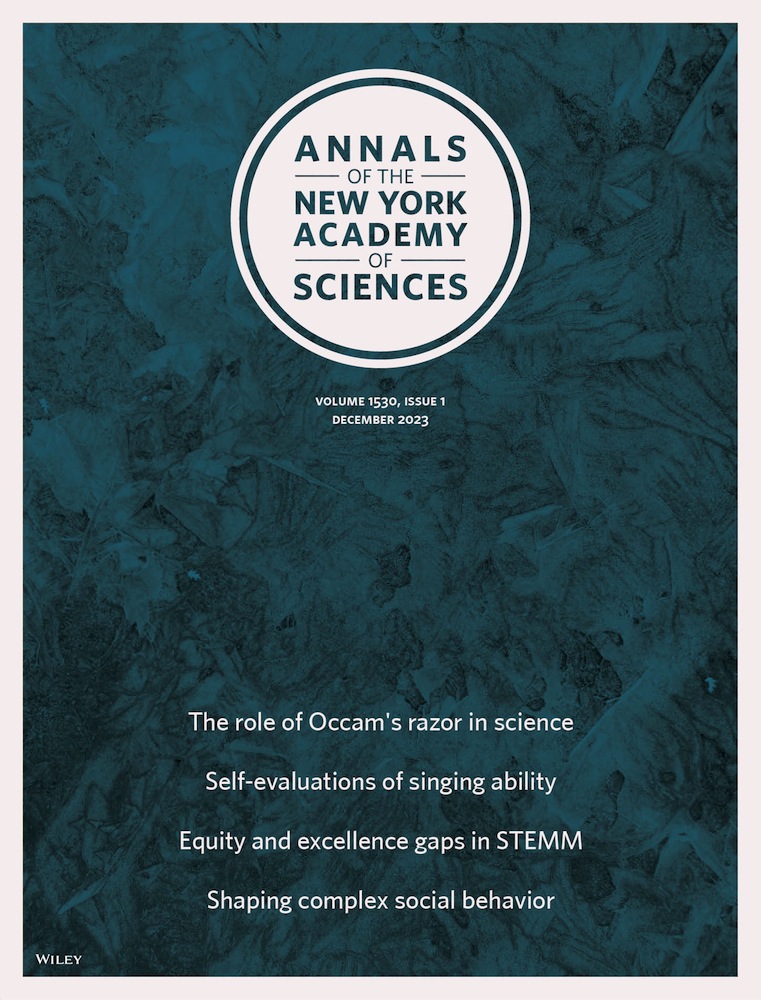Social media use, online experiences, and loneliness among young adults: A cohort study.
IF 4.1
3区 综合性期刊
Q1 MULTIDISCIPLINARY SCIENCES
引用次数: 0
Abstract
This study investigated patterns of digital technology use and their associations with loneliness in a cohort of 1632 young adults (mean age 26) in the UK who had been followed prospectively since childhood by the Environmental Risk Longitudinal Twin Study. Data were collected via an online survey in 2019-2020. Although overall time spent online was associated with greater loneliness, this was not the case for social media usage specifically. Use of social media platforms (e.g., Facebook, Instagram, Twitter) showed no association with loneliness. Instead, greater loneliness was associated with the use of Reddit and dating apps, while the use of WhatsApp was associated with lower loneliness. However, individuals who reported more compulsive use of digital technology, or experiences of online victimization, were lonelier on average, suggesting that the types of experiences individuals encounter online may be more related to loneliness than using particular platforms per se. Associations were robust to controls for a prior history of depression or anxiety at age 18. Moreover, findings remained broadly consistent between those who participated before versus during COVID-19 lockdown measures. An exception was that certain types of media characterized by passive consumption were associated with loneliness prior to, but not during lockdown.年轻人的社交媒体使用、在线体验和孤独感:一项队列研究。
这项研究调查了英国1632名年轻人(平均年龄26岁)的数字技术使用模式及其与孤独感的关系,这些年轻人从小就接受了环境风险纵向双胞胎研究的前瞻性随访。数据是通过2019-2020年的在线调查收集的。虽然总的上网时间与更大的孤独感有关,但社交媒体的使用并非如此。使用社交媒体平台(如Facebook、Instagram、Twitter)与孤独感没有关联。相反,更大的孤独感与使用Reddit和约会应用有关,而使用WhatsApp则与孤独感较低有关。然而,那些强迫性使用数字技术的人,或者有在线受害经历的人,平均来说更孤独,这表明个人在网上遇到的经历类型可能比使用特定平台本身更与孤独相关。在18岁时是否有抑郁或焦虑病史与对照组之间存在明显关联。此外,在COVID-19封锁措施之前和期间参与调查的人之间的调查结果大致一致。一个例外是,以被动消费为特征的某些类型的媒体在封锁之前与孤独感有关,但在封锁期间没有。
本文章由计算机程序翻译,如有差异,请以英文原文为准。
求助全文
约1分钟内获得全文
求助全文
来源期刊

Annals of the New York Academy of Sciences
综合性期刊-综合性期刊
CiteScore
11.00
自引率
1.90%
发文量
193
审稿时长
2-4 weeks
期刊介绍:
Published on behalf of the New York Academy of Sciences, Annals of the New York Academy of Sciences provides multidisciplinary perspectives on research of current scientific interest with far-reaching implications for the wider scientific community and society at large. Each special issue assembles the best thinking of key contributors to a field of investigation at a time when emerging developments offer the promise of new insight. Individually themed, Annals special issues stimulate new ways to think about science by providing a neutral forum for discourse—within and across many institutions and fields.
 求助内容:
求助内容: 应助结果提醒方式:
应助结果提醒方式:


